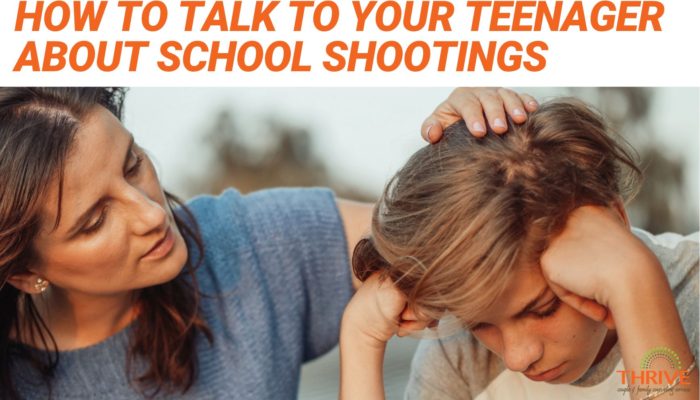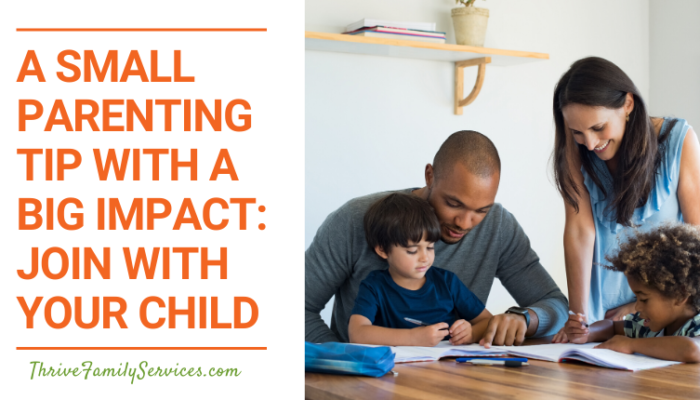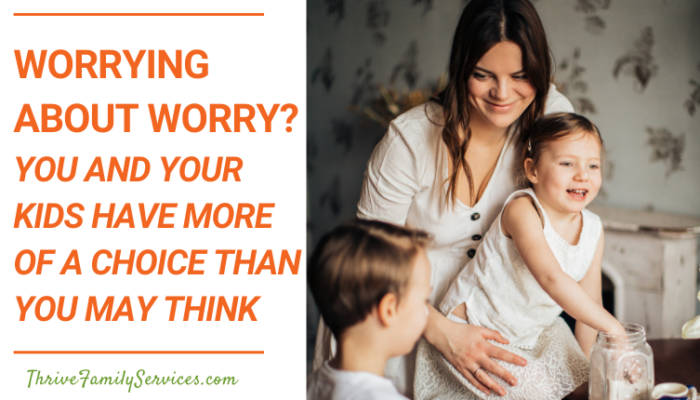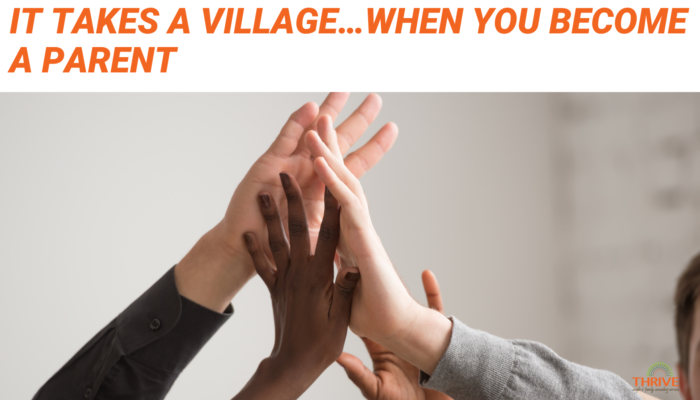Parenthood is full of difficult conversations.
At every stage, we parents can struggle to know what to say or how best to support our kids when life is painful. One of the more difficult conversations to have with your child is about school shootings and gun violence in the United States.
Part of the reason this topic is so hard is that there aren’t really easy answers that we can give to our children. It doesn’t make sense why this keeps happening, when all of us have the correct and reasonable expectation that schools should be safe places. As parents, it’s heartbreaking to have to even consider this conversation with your child, let alone to have it regularly. Our kids understand much more than they let on, though, so it’s important to have this conversation early and often so they have a place to talk about their feelings and get support from you.
Even if you feel like you won’t be able to change anything, being able to talk openly and regularly with your child about school shootings makes a big difference to their emotional wellbeing. When we love someone, and can’t think of ways to fix a situation, we can incorrectly make the assumption that talking about it does no good.
In fact, we are hard-wired to share feelings out loud with someone who cares about us as a way to handle those emotions.
Therapists often use a tunnel metaphor with emotions: the body carries all the emotions about an experience like a school shooting, and it needs to fully process the emotion to get to the other side of the tunnel. One natural way we humans have to do that is to share with caring others. Therapists call this co-regulation, and it is one of our most important survival strategies.
In addition, children are curious, but it’s easy for them to misunderstand what they hear or to fill in the gaps in their understanding themselves. Being able to discuss what’s going on with a parent can help fill in those gaps and provide context so they can feel safer.
The current state of teen mental health
Recent news on teen mental health sheds some light on how our young ones are doing, and the news was pretty decisive: teens are struggling. This is especially true for teen girls and LGBTQ+ teens, who are experiencing depression, suicidality, and sexual violence more than ever before, according to the CDC.
The CDC data shows that “nearly 3 in 5 (57%) U.S. teen girls felt persistently sad or hopeless in 2021—double that of boys,” and “more than half (52%) of LGBQ+ students had recently experienced poor mental health and, concerningly, that more than 1 in 5 (22%) attempted suicide in the past year.”
The last few years have been so hard on all of us, but kids and teens especially. They’ve had their education majorly disrupted by the pandemic. Their social lives have been impacted by the pandemic and the social isolation that came with it. Many children lost caregivers and family members, or faced economic difficulties as a result of parents losing jobs during COVID.
In addition, kids have to deal with the effects of growing up alongside social media. Even when we really want to relate to our kids, most of us have no idea what it’s like to grow up seeing the world through social media. It can be depressing as an adult to scroll through social media and see what’s wrong with the world, and it can feel especially hopeless for children who don’t have the same context or lived experience as an adult.
Communicating with your teenager
The teen years are a time when children naturally pull away from their parents, as they’re testing the waters for their adult independence. Even though at the time, it feels like you’re the only family going through it, most teens have a stage where they don’t talk to you as much as they did when they were younger. Though this stage is natural, it can be painful and confusing for both parent and teen, because miscommunication is common.
The risk of miscommunication can make this conversation seem even more intimidating. You might feel a lot of pressure to get what you say right or to have answers for everything. Keep in mind that this won’t just be one conversation, but likely a series of conversations you have with your teen over time. You don’t have to have all of the answers to begin the conversation.
How does this conversation change for different ages?
Understanding how children develop can help inform your conversations with your child. There are different questions that come up in each developmental stage of childhood, from birth to adulthood. As they grow, children ask themselves these questions to help figure out their world and their role in it:
- “Can I trust the world around me?” from birth through 18 months old
- “Can I do this on my own?” from 18 months through 3 years old
- “Am I good or bad?” from 3 through 5 years old
- “How can I meet expectations?” from 5 through 11 years old
- “Who am I in relation to the world and where am I going?” from 11 through 18 years old
Talking to a young child about school shootings will be different than talking to an older teen about it. The ways children can process information change as they get older, and very young kids have a hard time processing the concepts of death and violence the way older kids can. Teenagers can understand more of the nuance of the conversation in the way that an adult can, so don’t be afraid to have an adult conversation with them.
The teen years are sometimes compared to toddlerhood in terms of boundary-pushing, tantrums, and big developmental changes. When communicating with your teen gets frustrating, try to remind yourself to step back and take a deep breath. They’re going through a lot internally and externally just by being a teen growing up. Add in the emotionally intense conversations and situations that teens have to deal with on top of just being a teen growing up, and it’s no wonder that sometimes they don’t know how to deal with it all. As parents, it’s part of our job to show them that we’ll love and support them no matter what, even when communication feels impossible.
How to talk to your teen about school shootings
Process your own feelings first
If you’re able to, try to have your own reaction first and process your feelings a bit before you start the conversation with your teen. Seek out your own co-regulation! This will help you to be able to answer their questions with a bit more clarity, instead of both of you processing at once.
You don’t have to fully process everything before speaking to your child, because working through intense emotions often resembles waves of emotions coming in, rather than a light switch that is on, then we turn it off. It takes the time that it takes.
Younger children might not be aware of the most recent school shootings, but older children and teens tend to find things out faster than their parents expect, so don’t wait too long to talk to your child about what’s going on. When kids don’t have all the answers, they try to fill in the blanks themselves, which can be frightening or cause anxiety. If you’re able to, though, have your first reaction away from your child so you can focus more on their reaction and how they are processing it.
As parents, we can model ways to process our feelings to our kids. With older teens especially, it’s possible to talk to them from a more adult perspective and admit that you don’t have all the answers. Teens are still learning from their parents (even if they don’t want to admit it!) and will often look to you in times of stress.
Ask if they’ve heard about recent school shootings
Finding out what they know can help you guide the rest of the conversation. This can be an opening to learn not only what they know but how they’re feeling about the shooting. Teenagers might want more than to talk about their feelings on this – they might want to take more concrete action or to see that you’re doing something to take action. Teens are more engaged than we think, and often want to make sure that something is being done in the wake of something terrible like a school shooting.
Some teens might be up for answering your questions, but others might pull away or shut down. They might prefer to bring it up themselves. Being a steady open presence for your teen can remind them that they can trust you when they’re ready to open up.
If they’re not ready to talk about their feelings, you can let them know how you’re feeling about it. Leading by example and showing your teenagers that talking about feelings is important and welcomed can help encourage them to open up when they’re ready.
Validate their feelings
Let your child know that any feelings that they have about this topic are okay. It’s normal to feel scared and hopeless and angry and anything else that comes up. Encourage them to talk to you about their feelings not just in the immediate aftermath of a shooting, but anytime they come up. Tell them it’s okay to feel what they feel, and that you want to support them by listening.
If they’re having a hard time articulating how they feel, try helping them clue into their body sensations to get an idea. There are tools like a Body Sensations Wheel that can help identify feelings based on different body sensations so your child can get familiar with what their feelings feel like in their body. Connecting feelings and body sensations can help them become more aware of their emotional world.
Help them understand how the body manifests stress
We all react to things in different ways, and school shootings are no different. Talk to your teen about how stress can show up mentally and especially physically.
We often think of stress being purely in our minds, but our bodies are often a big part of how stress can manifest. Teens who are experiencing the stress of going to school while being afraid of school shootings might feel things in their body like:
- Digestive problems (indigestion, stomach upset, etc.)
- Muscle aches, body aches, headaches
- Sleep problems
- Changes in eating habits
- Breathing problems
- Panic attacks
Encourage your teen to notice if any of these symptoms of stress are coming up after exposure to a school shooting, and keep an eye out for them yourself.
Remember the tunnel metaphor above? If we get stuck in the tunnel or don’t process our emotions fully to the other side of the tunnel, they often set up camp in our bodies in the form of various aches, pains and illnesses. In addition to talking to caring others, moving our bodies during times of stress can help emotions continue to process and help us release. Consider taking a walk, run, bike ride or hike with your child or teen.
Encourage them to advocate for themselves at school and more broadly if they wish to
Teenagers understand that there are things that can be done to make change. Often, teens will want to know what can be done or how they can take action. Encourage your teenager to advocate for themselves at school, and be prepared to advocate for them as well. If they’d like to take action in other ways, you can work together as a family to contact your local, state, and federal representatives, advocacy groups, and grassroots organizations who are on the ground doing work to stop school shootings and gun violence in our country.
The teenage years are a time when kids explore their values and try to find out what is important and meaningful to them. Being open about the values of your family and how you can take action in relation to those values . You can even explore ways to advocate as a family so you can lead by example. Teaching them how to advocate for themselves can help build confidence and resilience in their ability to make their voices heard.
Take regular media breaks
It’s harder these days to unplug from constant media updates than it is to opt in. It’s a habit for many of us to scroll on our devices regularly, but the constant exposure to news about violence can be completely overwhelming. This is especially true for children and teens today, who have grown up using screens and haven’t ever lived in a world without the internet. Modeling regular technology breaks as a family can help you all feel more connected to the present moment and less susceptible to the panic that comes with constant exposure to bad news.
It’s probably not going to be possible or even enjoyable to disconnect forever, because that’s not how the world works anymore. Remember though, that the news is going to happen if you’re looking at your device or not.
Unless you’re urgently tracking weather updates for a storm or something like that, it’s pretty unlikely that the news can’t wait a bit so you can get yourself to a mentally grounded place before consuming upsetting news. Leading by example and finding other ways to fill your time besides scrolling shows your teen that they have options when they get overwhelmed and need a break from all the information.




